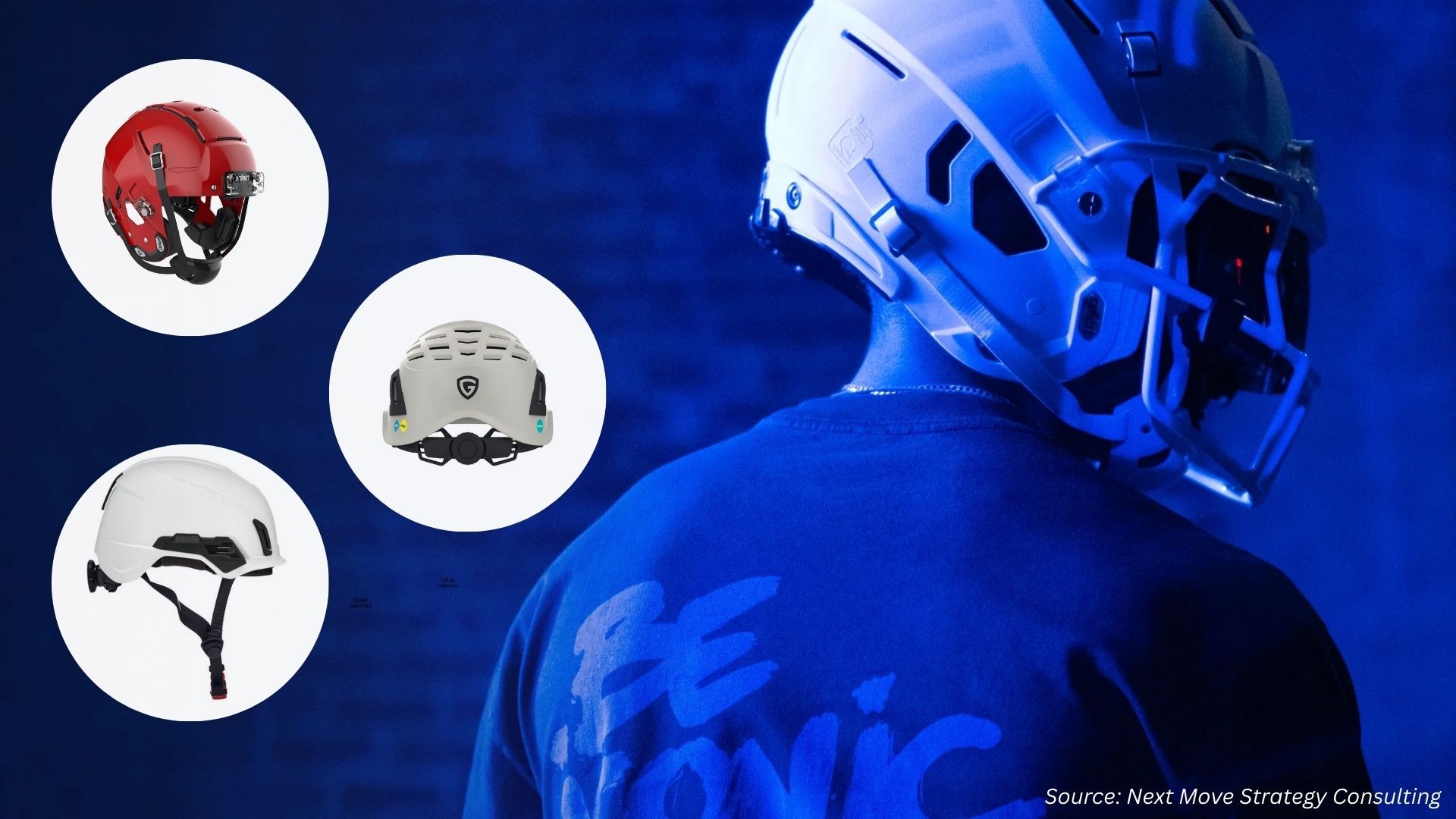
Asia-Pacific Electric Shaver Market by Type (Rotary Shaver, Foil Shaver, and Clippers and Trimmers), by Power Source (Battery Powered and Rechargeable/Cordless), by Usage (Dry Electric Shavers and Wet and Dry Electric Shavers), by Distribution Channel (Online and Offline), and by End-User (Men and Women) – Opportunity Analysis and Industry Forecast, 2025–2030
Industry: Retail and Consumer | Publish Date: 11-Apr-2025 | No of Pages: 283 | No. of Tables: 230 | No. of Figures: 140 | Format: PDF | Report Code : RC2542
Asia-Pacific Electric Shaver Market Overview
The Asia-Pacific Electric Shaver Market size was valued at USD 7.18 billion in 2024, and is predicted to reach USD 10.67 billion by 2030, at a CAGR of 6.4% from 2025 to 2030. In terms of volume the market size was 84754.1 thousand units in 2024 and is projected to reach 140879.4 thousand units in 2030, with a CAGR of 8.3% from 2025 to 2030.
The various factors such as rising personal care and grooming sector and the expansion in E-Commerce sector are key factors driving the market's growth. Nevertheless, the maintenance and costs of replacement hinders the possible development of the industry. Contrary to this, the use of sustainable materials in the manufacturing of electric shavers is anticipated to drive Asia-Pacific electric shaver market demand as environmentally friendly consumers more and more opt for green products.
Rising Grooming and Personal Care Sector Drives the Growth of the Market
The growing demand for grooming and personal care sector accelerates the electric shaver market as customers look for easy and effective tools for their daily use. The demand encourages business to develop innovations like skin-sensing technology and various attachments to meet various grooming needs. This shift of priorities towards appearances and sanitation reflect a larger lifestyle needs, speeding up the popularity of advanced grooming devices such as electric shavers and driving expansion in the market.
Expansion in E-Commerce Sector Boosts the Electric Shaver Market
The quick expansion of the e-commerce industry in the Asia-Pacific region increases the need for electric shavers through simple access by consumers to a vast array of products. The internet allows consumers to browse advanced models, read the features, and view customer comments to make it simpler to shop and increase the use of electric razors. This digitalization of shopping increases the visibility and availability of electric shavers that propels their popularity and contributes to the rapid growth of the market in the region.
The Maintenance and Replacement Costs Restraints the Market Growth
The costs of maintenance and replacement slows down the market growth as components such as blades, foils, and batteries require periodic replacement to maintain efficiency, necessitating specialized tools and cleaning solutions. This adds complexity to ownership as users invest additional time and money in maintenance. Moreover, the need for compatibility with specific accessories limits flexibility and raises costs. Thus, frequent replacements increase operational expenses while individual consumers perceive the accumulated costs as a deterrent, particularly in markets driven by affordability and convenience that further restricts widespread adoption.
Adoption of Sustainable Materials Creates Growth Opportunity for the Market
Utilization of eco-friendly materials in electric shavers is expected to propel market demand since green consumers increasingly choose green products. Shavers made from renewable materials, recyclable components, and sustainable packaging are becoming the customers' choice in the quest for sustainability. For instance, Braun only uses renewable energy to produce its Series 9 Pro shavers, while Philips utilizes renewable electricity to produce blades and recycled paper to package them. Philips also gives an Eco Passport with every product, highlighting its environmentally friendly processes. These actions are expected to appeal to green consumers and drive brand loyalty.
China Dominates the Asia-Pacific Electric Shaver Market Share
Growth in the Chinese personal care and grooming market is driving demand for electric shavers as the consumers concentrate on self-grooming and wellbeing in their lifestyles. Increasing health and wellbeing awareness is driving consumers to premium grooming items like electric razors. China-Britain Business Council states that China's health and wellness market stood at USD 874 billion in 2024, a compound annual growth rate of 12.8%. This demand for the new market compels producers to incorporate features such as skin-sensitive technology and diversified attachments, propelling long-term market expansion.
Additionally, the increasing technological developments generates demand for electric shavers as companies launch new and convenient products to the market. They feature self-cleaning capabilities, quieter motors, and longer battery life that make electric razors more desirable and further appealing to a wider consumer base. For instance, in November of 2023, Xiaomi released the MIJIA Electric Shaver S302 in China with an IPX7 waterproof exterior for convenient cleaning, a double-ring arc blade, and a rotating floating head for a more comfortable shave. Its fast wash system eliminates as much as 85% of the residue in 15 seconds, while smart transmission technology guarantees high-performance capabilities. Such innovations make the consumers prefer high-performance grooming products and add to the market growth.
India to Witness Substantial Growth in the Market
The increasing Indian e-commerce business drives the market demand by making buyers feel more convenient and easy access to different products. Availability of online platform and application of digital marketing allow for easy price and feature comparisons, drawing a greater customer base. Home delivery eliminates people's need to physically visit stores as well. The Ministry of Commerce and Industry, reports that India's e-commerce sector is projected to increase to USD 37 billion by 2025 at a CAGR of 31%. The transition towards online shopping grows the visibility and availability of electric shavers, stimulating market growth.
Besides this, the Indian electric shaver market is also influenced by firms broaden their product lines such as electric shavers, trimmers, and other grooming equipment that are made with ease, efficiency, and simplicity.
For instance, in February 2022, Gillette introduced its Braun brand in India with a range of electric shavers and trimmers to meet the needs of men in search of quality grooming products. These entry points are a highlight of the growing consumer requirement for superior, lifestyle-compatible grooming products that further fuel of the Asia-Pacific electric shaver market growth.
Competitive Landscape
The various key players operating in the Asia-Pacific electric shaver industry includes Spectrum Brands Inc. (Remington), Koninklijke Philips N.V., Wahl Clipper Corporation, Xiaomi Corporation, Kunnex Incorporated, Procter & Gamble (Braun), Skull Shaver, Andis Company, Conair Corporation, Panasonic Holdings Corporation, PRITECH, Manscapped LLC, Runwepro, YA-MAN Ltd and TPOB.
Asia-Pacific Electric Shaver Market Key Segments
By Type
-
Rotary Shaver
-
Foil Shaver
-
Clippers and Trimmers
-
Beard Trimmers
-
Body Trimmers
-
Others
-
By Power Source
-
Battery Powered
-
Rechargeable/Cordless
By Usage
-
Dry Electric Shavers
-
Wet and Dry Electric Shavers
By Distributional Channel
-
Online
-
Offline
By Country
-
China
-
Japan
-
India
-
South Korea
-
Australia
-
Indonesia
-
Singapore
-
Taiwan
-
Thailand
Key Players
-
Spectrum Brands Inc. (Remington)
-
Koninklijke Philips N.V.
-
Wahl Clipper Corporation
-
Xiaomi Corporation
-
Kunnex Incorporated
-
Procter & Gamble (Braun)
-
Skull Shaver
-
Andis Company
-
Conair Corporation
-
Panasonic Holdings Corporation
-
PRITECH
-
Manscapped LLC
-
Runwepro
-
YA-MAN Ltd
-
TPOB
REPORT SCOPE AND SEGMENTATION:
|
Parameters |
Details |
|
Market Size in 2024 |
USD 7.18 Billion |
|
Revenue Forecast in 2030 |
USD 10.67 Billion |
|
Growth Rate |
CAGR of 6.4% from 2025 to 2030 |
|
Market Volume in 2024 |
84754.1 Thousand Units |
|
Volume Forecast in 2030 |
140879.4 Thousand Units |
|
Growth Rate (Volume) |
CAGR of 8.3% from 2025 to 2030 |
|
Analysis Period |
2024–2030 |
|
Base Year Considered |
2024 |
|
Forecast Period |
2025–2030 |
|
Market Size Estimation |
Billion (USD) |
|
Growth Factors |
|
|
Countries Covered |
10 |
|
Companies Profiled |
15 |
|
Market Share |
Available for 10 companies |
|
Customization Scope |
Free customization (equivalent up to 80 working hours of analysts) after purchase. Addition or alteration to country, regional, and segment scope. |




















 Speak to Our Analyst
Speak to Our Analyst

























